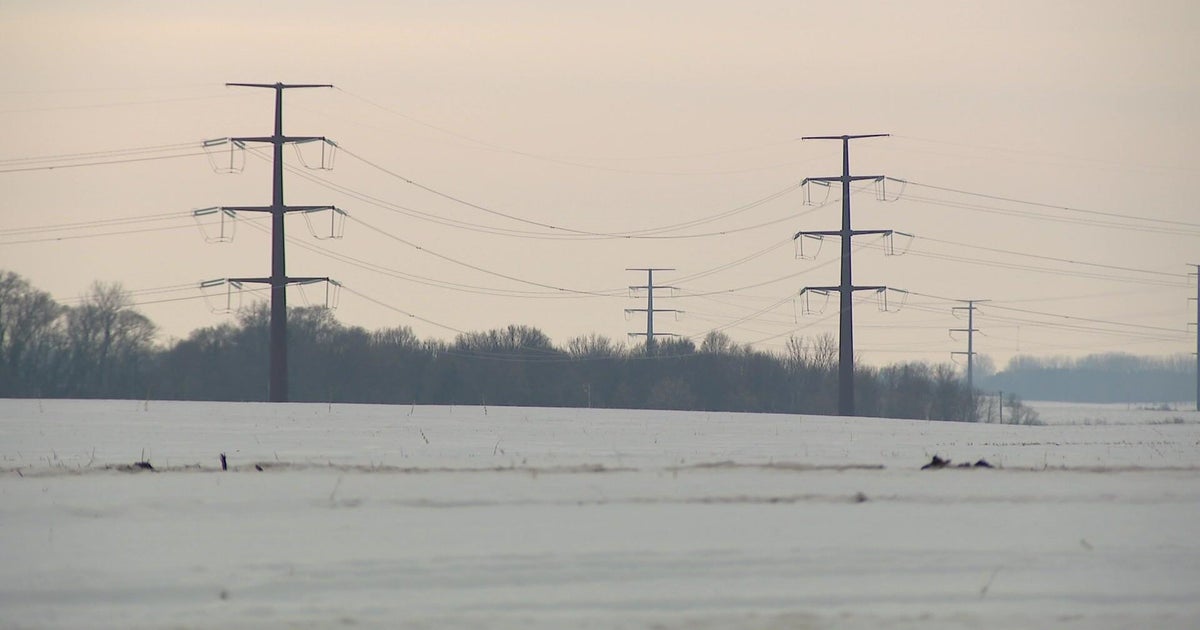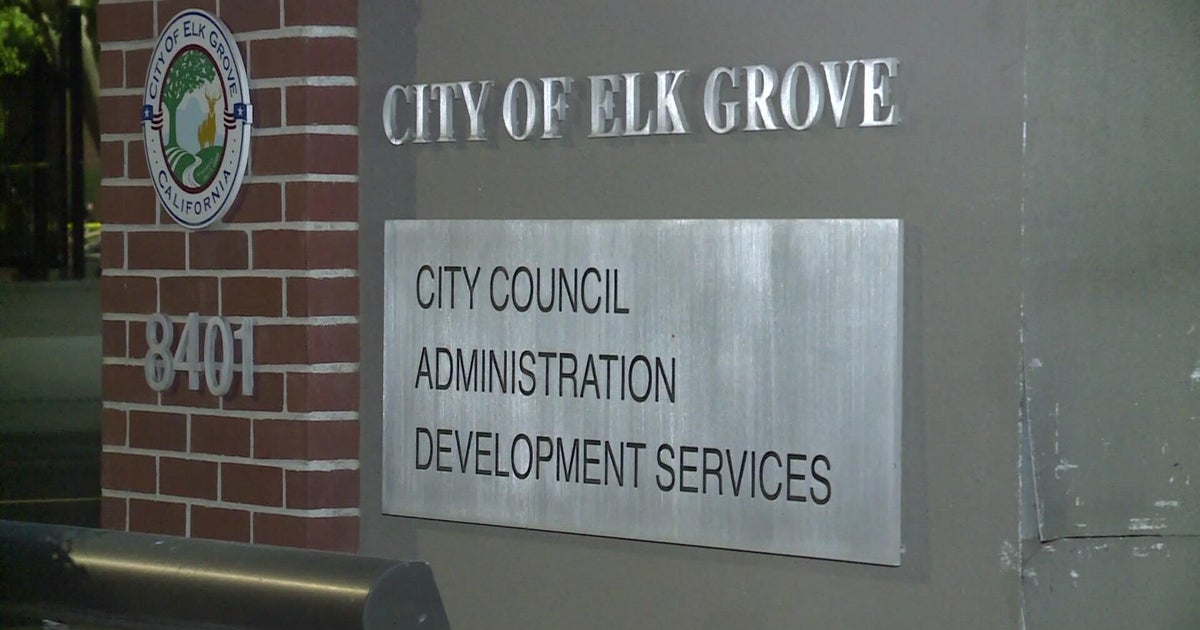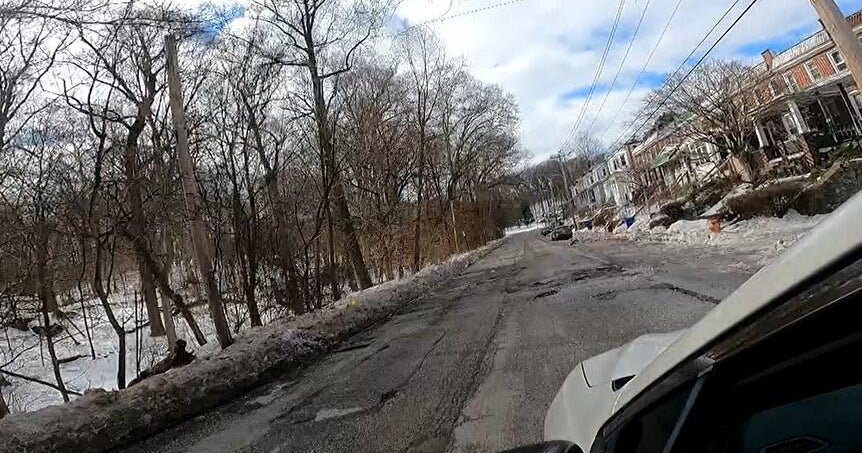7 Signs Your Home Needs A Professional
When your body is out of balance, it sends you signals – usually in the form of aches and pains – to alert you that it's time to get checked out. Your home has a similar warning system, but it's often ignored.
Angie's List, the nation's premier provider of consumer reviews, surveyed contractors across the country to determine what the common home aches and pains are, and how to remedy them before you have to seek emergency care.
"Your home really can tell you where it hurts," says Angie Hicks, founder of Angie's List. "You just need to understand what it's saying."
Paying attention to the basics of home care is a lot like brushing your teeth or exercising and eating well, Hicks said. "Taking care of the basics will save you stress, time and money. Neglecting them won't just cost you more down the road, it could actually put your family in danger," she said.
7 Signs Your House Needs Professional Care
1. Up on the Roof: A small issue with your roof doesn't mean you need to replace the whole thing. But letting the little things go only means you're in for big bills later. If you notice loose shingles, have attic leaks, suspect chimney issues or see other signs of damage up high, call in a reputable roofer, gutter or chimney expert or a handyman to give you great advice about what you need done.
2. Leaks don't fix themselves: Leaky faucets and running toilets will just get worse, so do yourself a favor and get those fixed before major damage occurs. If you notice a jump in your water bill but haven't increased your usage, you likely have a hidden leak, which left undetected could lead to mold, wood rot and severe water damage. Don't work with anyone who isn't happy to show you his or her plumbing license.
3. Caulk it up: The caulking around your tub and shower prevents moisture penetration, which can lead to mold, tile and wall damage and warped cabinetry. Keeping everything watertight will save you a bundle, so be sure to repair any caulking failures. But don't stop there. All homes get cracks and voids in their outside walls over time. Look closely at where two boards come together, because cracks often start there. Also look for damage from animals that are looking for a way in. Caulk any cracks you see to avoid water penetration, subsequent wood rot and to keep the critters out.
4. Sparks fly: Lights that dim on their own schedule aren't just annoying: they're a clear signal that you have an electrical problem. Experts say too many homeowners tolerate this situation for too long, which puts their homes at risk for electrical fire. Another often tolerated-too-long issue is when using one device causes another to switch off because you've blown a fuse. This is a sign you have a capacity or circuit box issue. Less dangerous but still signal-worthy are springy outlets that don't hold plugs. If you have any of these issues, call in a licensed, reputable electrician.
5. Drafty doors and windows: Improperly sealed windows and doors will bring cold air inside during the winter and let cooled air out in the summer, costing you big bucks on your energy bill. An energy audit can tell you where your leaks are and how to seal them up.
6. Filter it out: HVAC experts say 60 percent of their service calls result from systems stressed by dirty air filters. Changing air filters regularly (every quarter or so; more if you have pets) can save you up to $100 each year on your energy bill, and will keep you from needing emergency repair. Many highly reputable heating and air conditioning companies offer maintenance plans that include an annual inspection. Doing this will give you an early alert to any issues you have with your entire HVAC system so you can stave off breakdowns.
7. Pump it up: Take a look at your sump pump from time to time. If it's in good shape and its batteries are good, it could save you thousands of dollars in flood damage. But you don't want to find out it needs repairs after the water starts rising. Get an annual inspection and check the batteries at least quarterly.
____________________
This article originally appeared on Angie's List.







